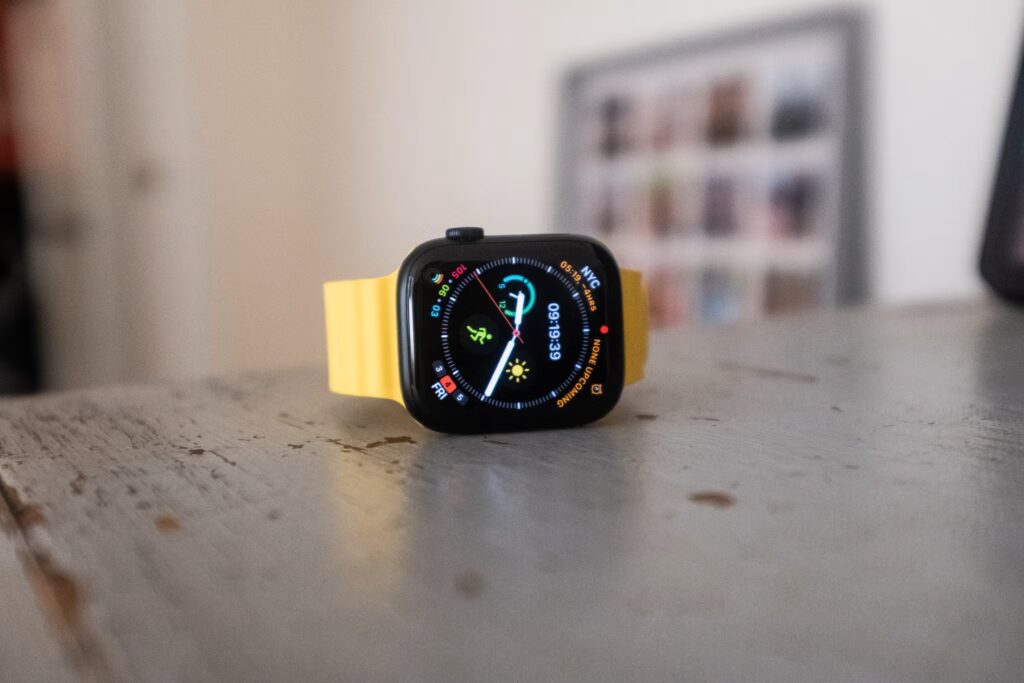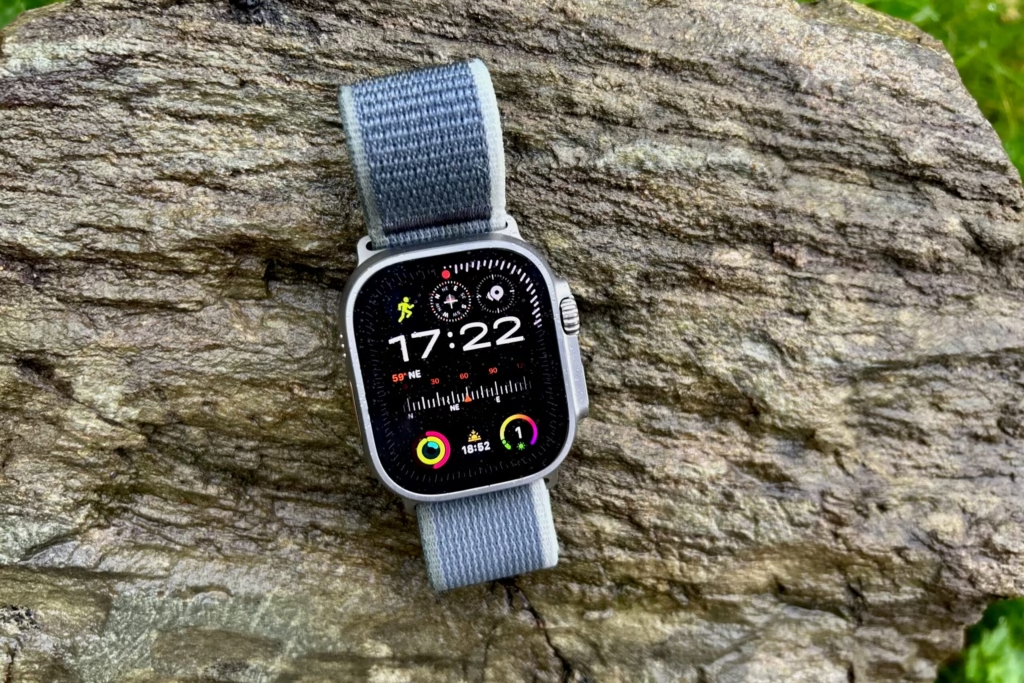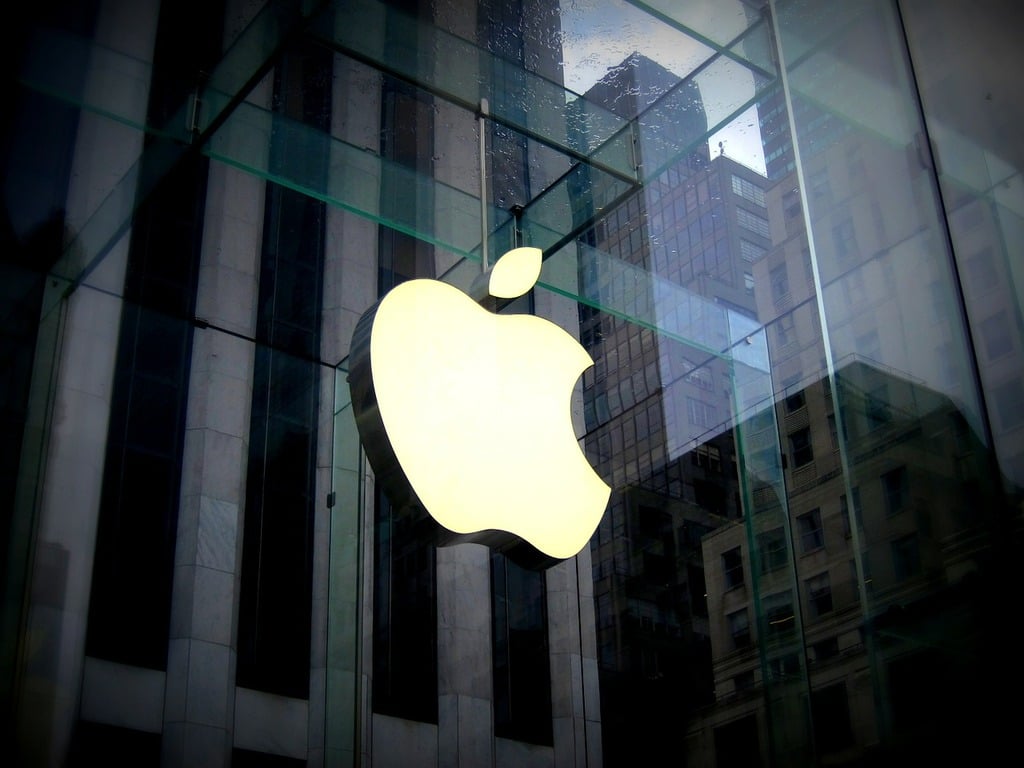Apple has agreed to a $20 million settlement following a long-running class-action lawsuit concerning battery swelling issues in its first four generations of the Apple Watch. The lawsuit, which was filed in 2019, alleged that defects in the smartwatch’s battery caused it to swell, leading to screen detachment and potential safety risks for users.
Although Apple continues to deny any wrongdoing, the company has opted to settle, stating that the decision was made to avoid further legal expenses rather than as an admission of fault. The case was presented before the U.S. District Court for the Northern District of California, and the agreement only applies to U.S. residents who owned affected Apple Watch models.

The Allegations: Battery Swelling and Safety Concerns
The lawsuit alleged that Apple failed to adequately warn users about a potential defect in the Apple Watch’s lithium-ion battery. According to the claims, heat and gas buildup inside the battery could cause the internal components to expand, leading to:
Screen detachment from the watch’s body
Risk of injury from broken glass
Device malfunction or damage
Affected models include the original Apple Watch (2015), Series 1, Series 2, and Series 3, all of which are no longer available for purchase.
While battery swelling is a known issue in many lithium-ion-powered devices, the lawsuit argued that Apple’s design choices made the risk more significant in the Apple Watch, particularly due to the way the screen was attached to the device.
Apple’s Response: Settlement Without Admission of Guilt
Despite agreeing to the settlement, Apple maintains that its smartwatches were designed to be safe and reliable. The company emphasized that the payout is intended to resolve the lawsuit efficiently rather than acknowledging any defect in its products.
“Apple denies all of the allegations made in the lawsuit,” the court documents state.
The settlement comes just a week after Google-owned Fitbit was fined $12.25 million for similar battery overheating issues in its Ionic smartwatch, highlighting the growing scrutiny around wearable technology and battery safety.
Who Is Eligible for Compensation?
The settlement applies to U.S. residents who experienced battery swelling issues and reported the problem to Apple between April 24, 2015, and February 6, 2024. Affected customers will receive notifications via email or postcard with further instructions.
Compensation amounts will vary depending on the number of claims submitted by affected users.
Payouts are expected to range between $20 and $50 per user.
Users must submit their payment details on the lawsuit’s official website by April 10, 2025, to receive compensation.

The Bigger Picture: Tech Companies Under Pressure
Apple’s settlement reflects the growing accountability tech companies face over hardware reliability and safety. Battery issues have long been a concern in consumer electronics, with companies like Samsung and Fitbit also facing lawsuits and recalls in recent years.
While this lawsuit covers only older Apple Watch models, it raises questions about how Apple and other manufacturers will address battery safety concerns in future devices. The tech industry remains under pressure to improve battery technology and ensure long-term product reliability while avoiding costly legal battles.
For now, Apple Watch users affected by the lawsuit have a path to compensation, and the settlement serves as a reminder of the challenges involved in balancing innovation, safety, and legal responsibility in the fast-evolving world of wearable technology.










